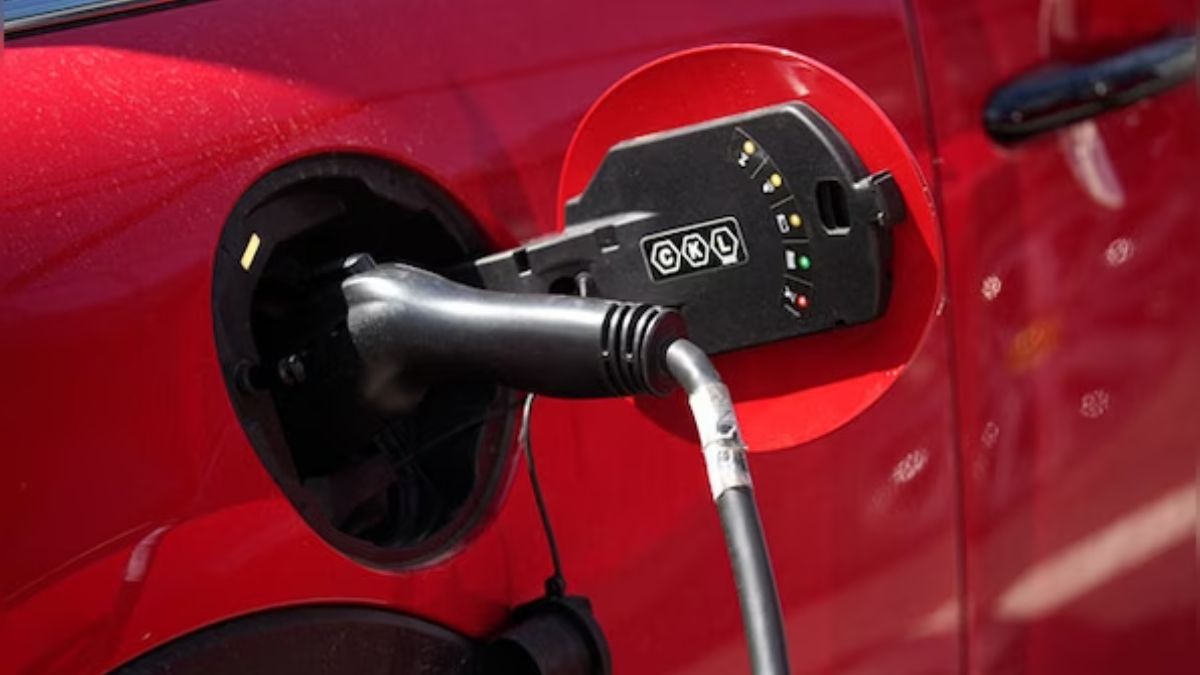In the ever-expanding realm of electric vehicles (EVs), the spotlight often falls on the manufacturers like Tesla and BYD. However, behind the scenes, a crucial player dominates the industry - the battery makers. Among them, one country stands out for its monopolistic grip - China.
China dominates EV battery sector
CATL (Contemporary Amperex Technology Limited) takes the lead as the foremost battery manufacturer, commanding a staggering 37 per cent market share. Its influence extends to major players such as Tesla, Volkswagen and BMW. Following closely is BYD, with a respectable 16 per cent market share. Notably, both these giants are Chinese, collectively controlling over half of the EV battery market.
China’s dominance in EV batteries raises critical concerns. With the imminent shift towards electric mobility, the dependency on Chinese batteries poses risks of geopolitical manipulation, price hikes or supply disruptions akin to the oil market’s vulnerabilities.
Efforts to counter this dominance are underway, particularly in the United States. However, challenges persist. Despite initiatives like the partnership between CATL and Ford to establish battery production in Michigan, political opposition impedes progress. The intricate nature of global supply chains and the lack of viable alternatives complicate outright bans on Chinese batteries.
China’s three-pronged strategy
China’s strategy for dominance spans three key steps. Firstly, securing raw materials, notably lithium, through substantial investments in mines globally. Secondly, refining these materials, with China leading in battery factory investments, accounting for 74 per cent of global spending. Finally, bolstering battery manufacturers through substantial state subsidies, propelling them ahead of international competitors.
Impact Shorts
More ShortsThe global community faces a dilemma. While EV adoption is crucial for sustainable development, reliance on Chinese supply chains poses significant risks. Two primary solutions emerge. Firstly, leveraging regulatory powers to diversify battery sources, albeit with potential pushback from China. Secondly, investing in domestic battery production, as exemplified by India’s venture into lithium mining in Argentina.
However, these endeavours are not without challenges. Developing domestic capabilities demands time and substantial investment. Most experts estimate a decade before achieving significant progress. Nevertheless, it’s imperative to reduce reliance on critical resources sourced from strategic rivals like China.
The battle for EV batteries symbolises a larger struggle for energy independence and geopolitical leverage. As nations navigate this landscape, expect intensified efforts to secure alternative battery sources and reduce dependence on China, shaping the future of electric mobility and global energy dynamics.
Views expressed in the above piece are personal and solely that of the author. They do not necessarily reflect Firstpost’s views.


)

)
)
)
)
)
)
)
)



